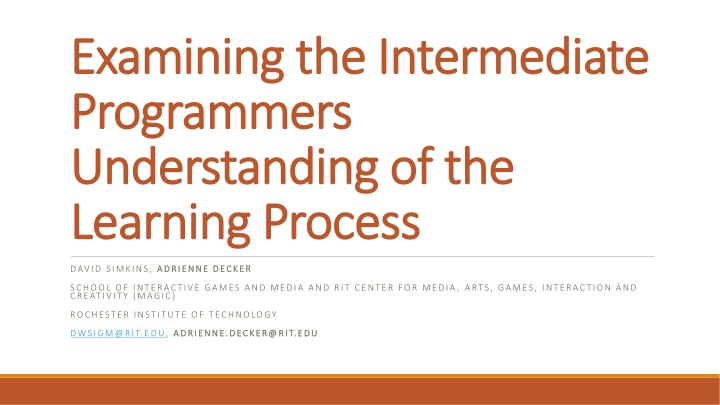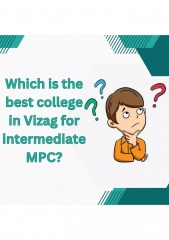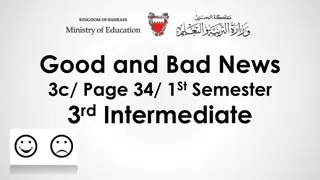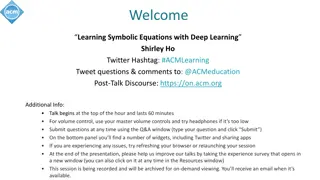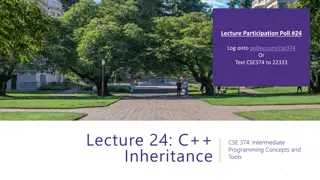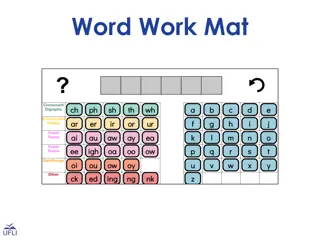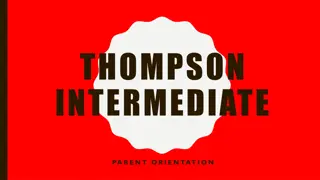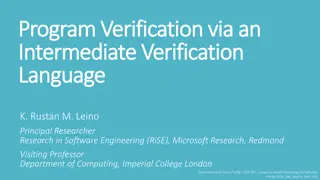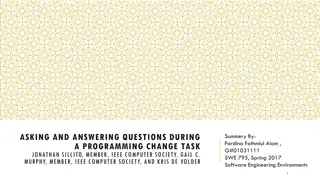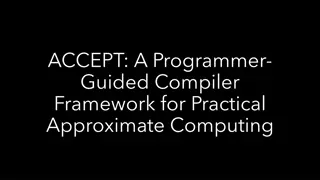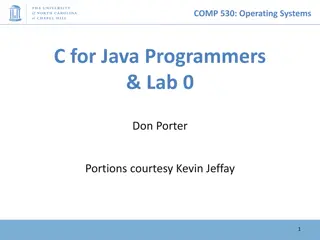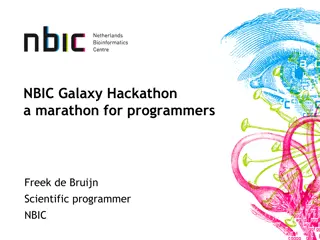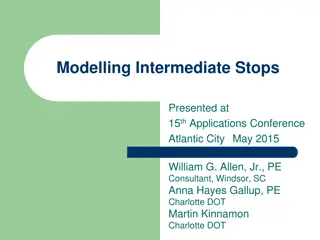Examining Intermediate Programmers' Learning Process
This study explores the challenges faced by intermediate programmers in understanding the learning process. It delves into topics like computer science education, data structures, and qualitative analysis of students' perceptions. The research investigates where students place blame for learning difficulties and provides insights into instructional design and curriculum structure.
Uploaded on Mar 06, 2025 | 0 Views
Download Presentation

Please find below an Image/Link to download the presentation.
The content on the website is provided AS IS for your information and personal use only. It may not be sold, licensed, or shared on other websites without obtaining consent from the author.If you encounter any issues during the download, it is possible that the publisher has removed the file from their server.
You are allowed to download the files provided on this website for personal or commercial use, subject to the condition that they are used lawfully. All files are the property of their respective owners.
The content on the website is provided AS IS for your information and personal use only. It may not be sold, licensed, or shared on other websites without obtaining consent from the author.
E N D
Presentation Transcript
Examining the Intermediate Examining the Intermediate Programmers Programmers Understanding of the Understanding of the Learning Process Learning Process DAVID SIMKINS, ADRIENNE DECKER ADRIENNE DECKER SCHOOL OF INTERACTIVE GAMES AND MEDIA AND RIT CENTER FOR MEDIA, ARTS, GAMES, INTERACTION AND CREATIVITY (MAGIC) ROCHESTER INSTITUTE OF TECHNOLOGY DWSIGM@RIT.EDU, ADRIENNE.DECKER@RIT.EDU ADRIENNE.DECKER@RIT.EDU
Computing Education CS1 CS2 K-12 Capstone/Senior Project/Software Engineering What about the middle? School of Interactive Games and Media RIT Center for Media, Arts, Games, Interaction & Creativity MAGIC.RIT.EDU | WWW.RIT.EDU IGM.RIT.EDU
First Day Survey Summer course named Data Structures Typically taken after courses that roughly cover CS1 and some of CS2, discrete math course, taken after or concurrently with a digital logic/circuits course Ten 5-point Likert-type questions Thinking back to your previous computer science courses, for each of the topics listed, indicate how easy/difficult you felt it was to learn. Three free response/short answer questions Give an example of something you studied in your previous computer science courses (does not have to be from the list above) that you feel you still don't understand very well. Why do you feel the topic you indicated was difficult for you to understand? School of Interactive Games and Media RIT Center for Media, Arts, Games, Interaction & Creativity MAGIC.RIT.EDU | WWW.RIT.EDU IGM.RIT.EDU
Qualitative Analysis Categories established using a bottom up coding scheme Unit of analysis was the student's entire response Evaluated the entire data set collaboratively and deliberatively Each category was tested as if they were independent Reached saturation, but still analyzed entire data set School of Interactive Games and Media RIT Center for Media, Arts, Games, Interaction & Creativity MAGIC.RIT.EDU | WWW.RIT.EDU IGM.RIT.EDU
Where did students place the blame for the difficulty of the topic? Student (25.00%) Instructor (27.14%) Problem (25.00%) Course Structure (6.43%) None (23.57%) School of Interactive Games and Media RIT Center for Media, Arts, Games, Interaction & Creativity MAGIC.RIT.EDU | WWW.RIT.EDU IGM.RIT.EDU
Did the students show either a entity or incremental theory of intelligence in their responses? Entity (7.14%) Incremental (12.14%) None (80.71%) School of Interactive Games and Media RIT Center for Media, Arts, Games, Interaction & Creativity MAGIC.RIT.EDU | WWW.RIT.EDU IGM.RIT.EDU
Did the student indicate a behavioral failure in their approach to the problem? Lack of effort (4.29%) Lack of motivation (0.71%) Studied the wrong chapter (0.71%) Skipped class (0.71%) None (93.57%) School of Interactive Games and Media RIT Center for Media, Arts, Games, Interaction & Creativity MAGIC.RIT.EDU | WWW.RIT.EDU IGM.RIT.EDU
What tools for learning were identified as useful or needed but lacking? Practicing (10.71%) Reading (0.71%) Lecture (6.43%) Online Resources (0.71%) Examples (5.71%) Textbook (0.71%) Definitions (2.14%) None (74.29%) Studying (1.43%) School of Interactive Games and Media RIT Center for Media, Arts, Games, Interaction & Creativity MAGIC.RIT.EDU | WWW.RIT.EDU IGM.RIT.EDU
Did the student indicate a difficulty in the mode of instruction of the previous courses? Insufficient Explanation (12.86%) Instructor unclear (0.71%) Not enough time during semester (8.57%) When covered in the semester (0.71%) Insufficient scaffolding (4.29%) None (65%) Concept not made Relevant (4.29%) Course sped up at the end (1.43%) School of Interactive Games and Media RIT Center for Media, Arts, Games, Interaction & Creativity MAGIC.RIT.EDU | WWW.RIT.EDU IGM.RIT.EDU
Last Codes Did the student show sophisticated metacognitive awareness in their response? (3.57%) Did the student experience a lack of comfort with the difficult topic? (5.71%) Did the student express difficulty with the abstract nature of the problem? (14.29%) Did the student express a difficulty in topic transfer? (2.14%) School of Interactive Games and Media RIT Center for Media, Arts, Games, Interaction & Creativity MAGIC.RIT.EDU | WWW.RIT.EDU IGM.RIT.EDU
Conclusions The analysis shows that students place blame more than 75% of the time, but are equally likely to blame themselves, their instructor, or the problem itself Relatively few of the students identified any fault in their own behavior, even when they blamed themselves (comparing blame of student, 25% with total blame on student behavior, 6.43%). Students identified a lack of adequate lectures and clear and numerous examples as barriers to their understanding Interesting to see evidence of metacognition and transfer School of Interactive Games and Media RIT Center for Media, Arts, Games, Interaction & Creativity MAGIC.RIT.EDU | WWW.RIT.EDU IGM.RIT.EDU
Future Work A cross-section of data to determine if there are clusters of responses Further study may show that some of the codes are likely less independent than the methodology initially assumes There is a great deal of research on entity and incremental theories of intelligence, but additional understanding of correlative features of these theories in students would help to identify and change student practices before they lead to future problems. School of Interactive Games and Media RIT Center for Media, Arts, Games, Interaction & Creativity MAGIC.RIT.EDU | WWW.RIT.EDU IGM.RIT.EDU
